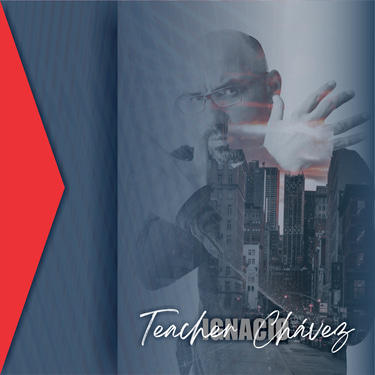Mindset, Carol S. Dweck (C1 Level)
ULTIMATE READING
Teacher Ignacio Chávez
9/9/20253 min read


In her groundbreaking book Mindset: The New Psychology of Success, Carol S. Dweck explores how our beliefs about intelligence and talent can shape the way we think, act, and grow. She explains that we can view our abilities through two different lenses: the fixed mindset and the growth mindset.
These mindsets can determine how we approach challenges, deal with failure, and achieve success. Dweck argues that anyone can change their mindset with awareness and effort, and that doing so must become a conscious choice if we want to fulfill our potential.
1. Fixed Mindset vs. Growth Mindset
Fixed Mindset:
People with a fixed mindset believe that their abilities are unchangeable. They often avoid challenges because they fear failure. They think talent must be natural and can’t be developed. As a result, they give up easily when they face difficulties.Example: “I’m not good at math, and I never will be.”
Growth Mindset:
In contrast, those with a growth mindset believe that intelligence can be developed through effort, learning, and perseverance. They see challenges as opportunities to improve and believe that failure should be treated as part of the process.Example: “I’m not good at math yet, but I can get better if I practice.”
“The view you adopt for yourself profoundly affects the way you lead your life.”
This idea shows that our beliefs can influence every decision we make and every goal we pursue.
2. The Role of Effort in Success
Dweck emphasizes that talent alone can’t guarantee success — effort must be present. Continuous practice and learning can turn potential into real achievement. People with a growth mindset understand that they have to keep working, even when results are slow.
“No matter what your ability is, effort is what ignites that ability and turns it into accomplishment.”
She suggests that every person should value effort as much as ability. Without consistent action, even the greatest potential would remain unrealized.
3. The Power of Failure
Failure can either destroy motivation or strengthen it, depending on how we interpret it. Those with a fixed mindset see failure as proof of limitation, while people with a growth mindset see it as feedback.
Dweck explains that we must reframe failure as a natural part of learning. Instead of avoiding mistakes, we should use them as tools for self-improvement. Through this lens, every setback could become an opportunity for growth.
“A person with a growth mindset sees failure as a learning experience.”
By accepting this truth, we can build resilience and courage to try again.
4. Developing a Growth Mindset
Dweck believes that anyone can develop a growth mindset — it’s not something you’re born with. The process begins when you challenge your own fixed beliefs. If you think, “I can’t do this,” you should add the word yet.
Shifting your language can transform your thinking. You must understand that progress takes time and that skills have to be built through persistence. A person who learns from mistakes will eventually become more capable and confident.
“You are not stuck with the way you are. You can always change and grow.”
5. How Mindset Impacts Life
Mindset doesn’t affect only learning — it affects every area of life.
In education, students with a growth mindset tend to perform better because they believe they can improve.
In the workplace, professionals should keep learning and adapting to stay successful.
In relationships, believing that people can change creates more empathy and understanding.
Dweck concludes that adopting a growth mindset must be seen as a lifelong commitment.
“The passion for stretching yourself and sticking to it, even when it’s not going well, is the hallmark of the growth mindset.”
Main Ideas
We can choose how we see our abilities — fixed or growing.
Effort must accompany talent for success to happen.
Failure should be treated as a teacher, not a threat.
Mindsets can be changed through awareness and persistence.
A growth mindset would lead to greater success, confidence, and emotional balance.
Final Reflection
Carol Dweck’s Mindset demonstrates that success isn’t limited by intelligence or talent — it’s shaped by the beliefs we hold. We must remember that change and improvement are always possible.
By embracing a growth mindset, we can replace fear with curiosity, judgment with learning, and self-doubt with confidence.
“You can become whatever you believe you can be — but you have to work for it.”
ZOOM CLASSES
ULTIMATE PROGRAM
Tuesday and Wednesday 7:00 PM - 8:30 PM
ULTIMATE PROGRAM
Saturday 8:30 AM - 10:00 AM


